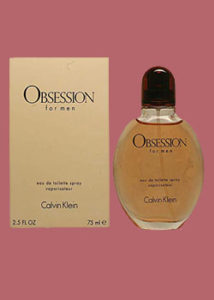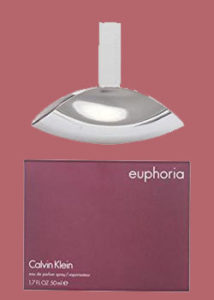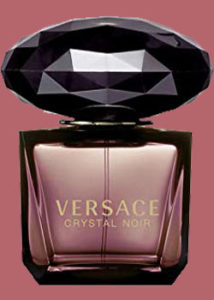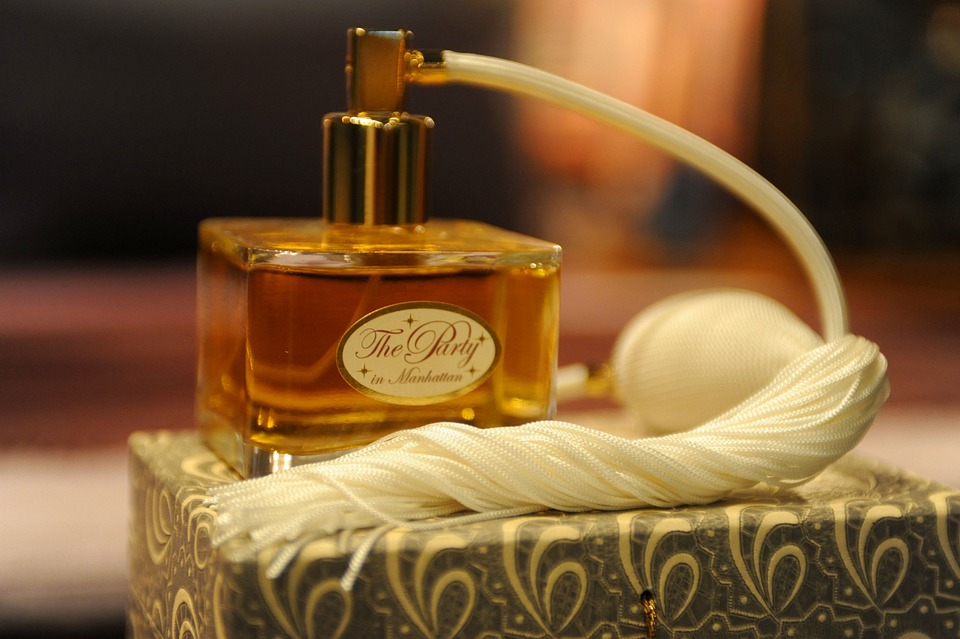Fragrances have a unique language of their own, and one of the most common questions people ask when they first start exploring perfumes is: “What’s the difference between Eau de Toilette, Eau de Parfum, and Eau de Cologne?”
This question is not only common among fragrance novices but also essential for anyone looking to understand how to choose the right scent for various occasions. This article will delve into the distinctions between these three popular fragrance types, exploring their histories, concentrations, longevity, and practical applications.
The Basics of Fragrance Concentration
At its core, the primary difference between Eau de Toilette, Eau de Parfum, and Eau de Cologne lies in their concentrations of fragrance oils. Fragrance compositions are typically made with perfume oils that are diluted in alcohol and water. The concentration of these oils dictates the strength and longevity of the scent, as well as its overall character.
- More Interesting to read:
- Best Microwaves For Your Kitchen
- Best air fryers To Buy

Concentration Levels
- Eau de Cologne: Generally has the lowest concentration of fragrance oils, typically ranging from 2% to 5%.
- Eau de Toilette: Contains a higher concentration, usually between 5% and 15%.
- Eau de Parfum: Offers the highest concentration of fragrance oils, generally falling between 15% and 20%, sometimes even higher.
- Extrait de Parfum: This is the most concentrated form, with fragrance oils that can exceed 20%, often reaching up to 40%.
These percentages are guidelines rather than strict rules, as some brands may vary slightly in their formulations.

Eau de Cologne: A Light Fragrance Option
Historical Background
The term Eau de Cologne has its roots in Cologne, Germany, where an Italian perfumer crafted a refreshing citrus fragrance that reminded him of his homeland.
This creation was aimed at lifting spirits and providing a light, aromatic scent. Modern Eau de Colognes retain this refreshing quality, focusing on citrusy and aromatic notes.
Characteristics
While Eau de Cologne is characterized by its lightness and refreshing nature, it is typically less popular today compared to Eau de Toilette and Eau de Parfum. The longevity of Eau de Cologne is relatively short, usually lasting about one to three hours, which makes it suitable for quick refreshers but less ideal for long days or special occasions.
Common Uses
Eau de Cologne has traditionally been used as an aftershave for men, particularly in the UK, where it became associated with grooming routines following the invention of the safety razor in the early 1900s. However, modern aftershaves are often diluted even further than traditional Eau de Cologne, leading to weaker fragrances.
Eau de Toilette: The Versatile Choice
Origins and Meaning
The term Eau de Toilette might lead some to think it relates to the bathroom; however, its origins are more nuanced. Derived from the French word “toile,” which refers to a scented cloth, Eau de Toilette was initially a way for people to freshen up by rubbing this cloth on their bodies. Over time, this practice evolved into the modern concept of Eau de Toilette as a fragrance designed for daily use.
Characteristics
Eau de Toilette generally encompasses 80% to 90% of the fragrances available on the market. With a concentration of 5% to 15% fragrance oils, Eau de Toilette offers a balance between freshness and longevity. Typically, Eau de Toilette lasts between 6 to 8 hours, depending on the ingredients and individual skin chemistry.
Usage and Appeal
Eau de Toilette is often favored for its versatility, making it suitable for both men and women. It’s an excellent choice for daily wear, office settings, or casual outings. The moderate strength allows for reapplication throughout the day if desired, without becoming overwhelming.

Eau de Parfum: A Luxurious Experience
Definition and Background
Eau de Parfum translates to “water of perfume,” and it generally represents a higher concentration of fragrance oils, typically ranging from 15% to 20% or more.
The term “perfume” itself comes from the Latin phrase meaning “through smoke,” highlighting the depth and richness of this fragrance type.
Characteristics
Eau de Parfum is often regarded as the standard for fragrance concentration, providing a more intense and lasting scent experience compared to Eau de Toilette. On average, Eau de Parfum lasts 8 to 12 hours, making it a popular choice for evening wear, special occasions, or when a more profound scent is desired.
- Perfumes That We Recommend:
- Hugo Boss BOTTLED Eau de Toilette
- Hugo Boss BOTTLED NIGHT Eau de Toilette
- Versace Bright Crystal Eau de Toilette Spray for Women
Popularity and Application
While Eau de Parfum is prevalent among women’s fragrances, it is also found in niche and luxury brands for men. The longevity and richness of Eau de Parfum make it an attractive choice for anyone seeking a more sophisticated scent profile.
Extrait de Parfum: The Pinnacle of Concentration
Overview
For those looking for the ultimate fragrance experience, Extrait de Parfum is the most potent form available. With concentrations that can reach up to 40%, this type of perfume provides an incredibly rich and long-lasting scent.
Longevity and Characteristics
Extrait de Parfum often lasts 12 to 24 hours, making it suitable for occasions where you want to make a lasting impression. Its thick, dense formulation means that only a small amount is needed, allowing the fragrance to unfold gradually throughout the day.

Considerations
Because of its potency, Extrait de Parfum should be used sparingly. A little goes a long way, and it’s important to be mindful of where and how much you apply to avoid overwhelming those around you.
How to Choose the Right Fragrance for the Occasion
Choosing the right fragrance can be daunting, especially with so many options available. Here are some tips to help you select the best type of fragrance for various occasions:
Daily Wear
For everyday use, Eau de Toilette is often the best choice due to its balance of longevity and freshness. It can be reapplied throughout the day without being too overpowering.
Special Occasions
When attending events like weddings, parties, or formal gatherings, Eau de Parfum or Extrait de Parfum can provide a more sophisticated scent that lasts throughout the occasion. These fragrances are designed to make an impact, ensuring you smell great from start to finish.
Casual Outings
For casual outings or warm weather, consider opting for Eau de Cologne. Its light and refreshing nature make it perfect for a quick pick-me-up without being too heavy.
Evening Events
In the evening or for romantic dates, Eau de Parfum is an excellent choice, providing depth and richness that creates a lasting impression. If you’re looking for something truly special, Extrait de Parfum will ensure you stand out.
- We Recommend You:
- Versace Crystal Noir For Women Eau de Parfum Spray
Final Thoughts
In summary, understanding the differences between Eau de Toilette, Eau de Parfum, and Eau de Cologne can significantly enhance your fragrance experience. These terms reflect the concentration of fragrance oils, which ultimately influences the longevity, intensity, and suitability for various occasions.

- Eau de Cologne is light and refreshing, ideal for quick refreshers but not long-lasting.
- Eau de Toilette offers a balanced choice for daily wear, lasting about 6 to 8 hours.
- Eau de Parfum provides depth and longevity, perfect for special occasions with a lasting scent experience.
- Extrait de Parfum is the most concentrated option, designed for those who desire a rich and intense fragrance.
Ultimately, your choice will depend on personal preference, occasion, and the impression you want to leave. Whether you prefer the lightness of Eau de Cologne, the versatility of Eau de Toilette, or the richness of Eau de Parfum, understanding these distinctions will guide you in selecting the perfect fragrance for any moment in life.







